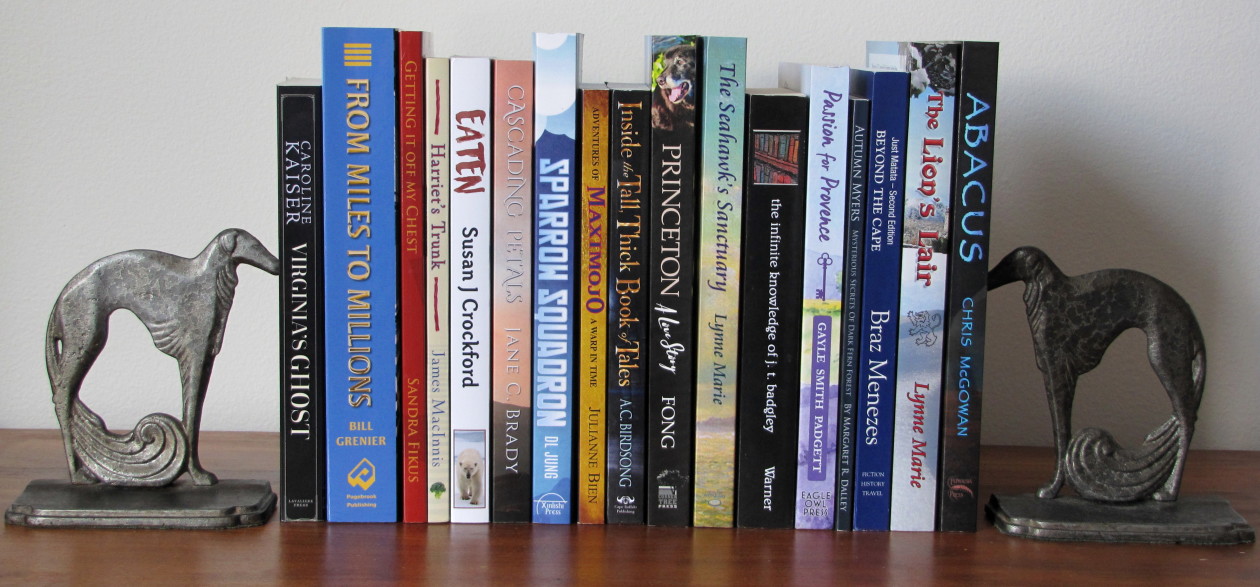It dawned on me yesterday that it’s been exactly five years since I left my full-time job as an appraiser and cataloguer (and default catalogue editor) for a Toronto auction house. I remember the day very well: after enjoying a hearty Indian lunch with all the staff, I made the rounds to say my goodbyes. When I’d exhausted my words and there was nothing left to be said, I headed out the door and waited for the King Street streetcar. It was a sunny Friday afternoon, and a barely perceptible hint of fall in the air heralded changes to come. As I boarded the streetcar and watched my workplace recede from view, I rode out of my old life and into a new one. I was bombarded with a mixture of emotions unlike anything I’d ever known: elation about the new possibilities that were unfolding before me and the freedom that I would have being my own boss; fear that I was entering an unknown realm and would find myself out of my depth; and sadness that I was leaving behind both my safe zone and all the friends I had known there. It was my choice to become a freelance editor, but that didn’t mean that the tears didn’t flow on that ride home.
As with any new venture, it took me a while to find my feet. In the beginning, I found it almost impossible to establish a daily routine, as I was so accustomed to going to an office every day where things would just fall into my lap, demanding to be dealt with. Now I had to generate work for myself, which was not something I’d ever had to do before. I did feel that I was cut out to be an editor. I’d always had the required persnicketiness–everyone said so. But I was worried: I didn’t know if I honestly possessed anything resembling entrepreneurial smarts or good business sense. And I certainly missed being surrounded by other people; now it was just me sitting in front of the computer, trying to drum up work when I was a complete unknown in the field. How utterly alone I felt.
What saved me both personally and professionally was meeting other editors. I joined the Editors’ Association of Canada (EAC), attending both monthly meetings and seminars so I could listen to speakers, sharpen my skills, and network in my rather introverted way with other editors. Gradually, I began to find my tribe: a group of editors I could trade stories with about the delights, frustrations, and occasional horrors of working in our field. Through these editors, I began learning more and more about the business of being an editor, which was something they don’t teach you much about in night-school editing courses. Furthermore, I began to find real work opportunities through my contacts–even more so when I joined Facebook and found not only the editors I’d met at Toronto branch meetings and seminars, but also EAC members scattered across the country. The important message I’ve taken away from all this is that you just can’t get anywhere without developing a network. You need your tribe.
Five years after that streetcar ride, I find myself in a pretty good place. The work is steady, and I feel confident in my abilities as both an editor and a businessperson. I enjoy my clients, some of whom have become friends, and they seem to genuinely appreciate what I do for them. Most of all, after five years, I have finally become that person I was meant to be.

 Follow
Follow